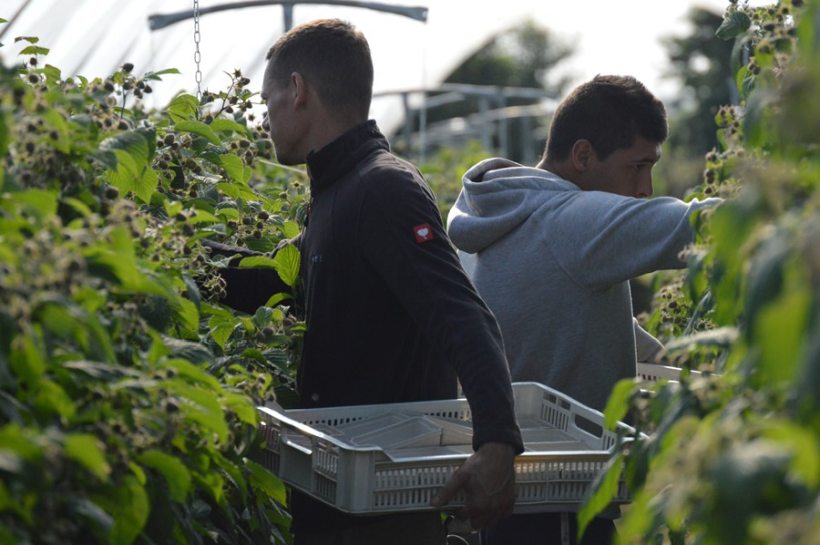
Less than a quarter of working age adults would consider applying for a job in agriculture, according to research looking at the UK's growing skills shortages.
Working age adults are shunning many of the essential jobs that keep the UK running – from food production and logistics to health and social care.
Just a quarter of working age adults would work in social care (25%) and healthcare (26%), and only 22% would work in food production, agriculture or animal care.
Poor reputation and low pay expectations fuel unattractiveness as cost-of-living skyrockets, according to City & Guilds research.
The skills development organisation warned that these factors were "turning off potential new recruits."
With more than three million essential job openings expected in the next five years, including 340,000 brand new jobs, many farm employers, who are already reporting dire skills shortages, are set to struggle even further in the years ahead.
This is particularly true with additional constraints placed on the labour market, due factors such as the coronavirus pandemic and Brexit.
For UK pig producers, a sector which has experienced the worst of the shortages, a lack of labour in processing plants has led to a huge backlog of pigs on farms.
Kirstie Donnelly, CEO City & Guilds, said the research showed that low salaries, unattractive working conditions and a lack of respect for critical jobs were to blame.
She warned that these reasons were having "a catastrophic impact on the ability of employers to fill these roles".
“In the face of a growing labour crisis that is impacting these vital industries and wider society, we need to collectively take a long, hard look at how we can make these jobs more attractive.
"We must improve careers advice to make people aware of the range of roles available within their own skillsets, and the training available, as well as the opportunities to progress in these sectors."
According to the research, low pay and a lack of relevant skills, experience or qualifications are two key reasons putting people off working in these jobs.
While many essential workers say they are proud of their roles (73%), the vast majority (87%) call for improvements to the overall reputation of their role, and over half (53%) say better pay would improve that reputation.
City & Guilds research was based on an Opinium survey of 10,000 working age people in the UK and economic analysis from labour market economists Emsi Burning Glass UK.
